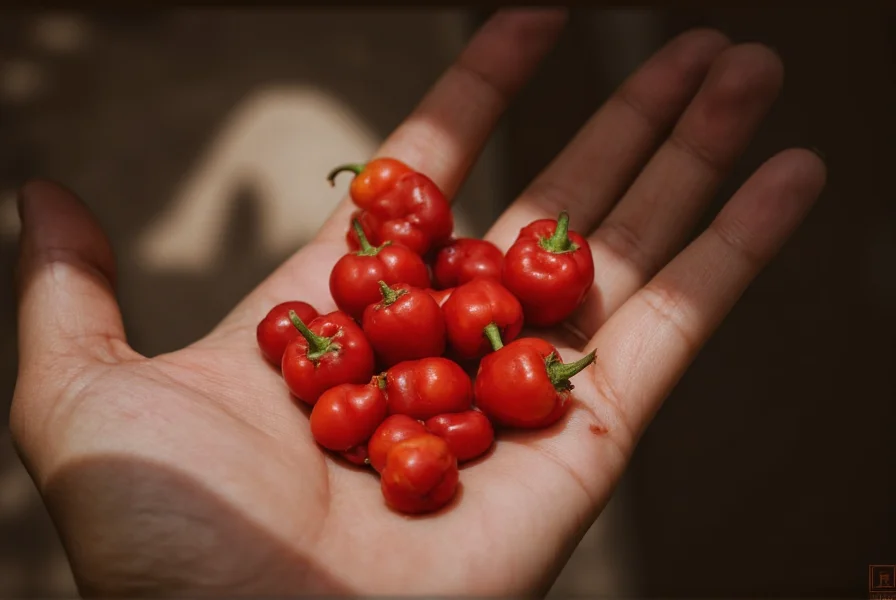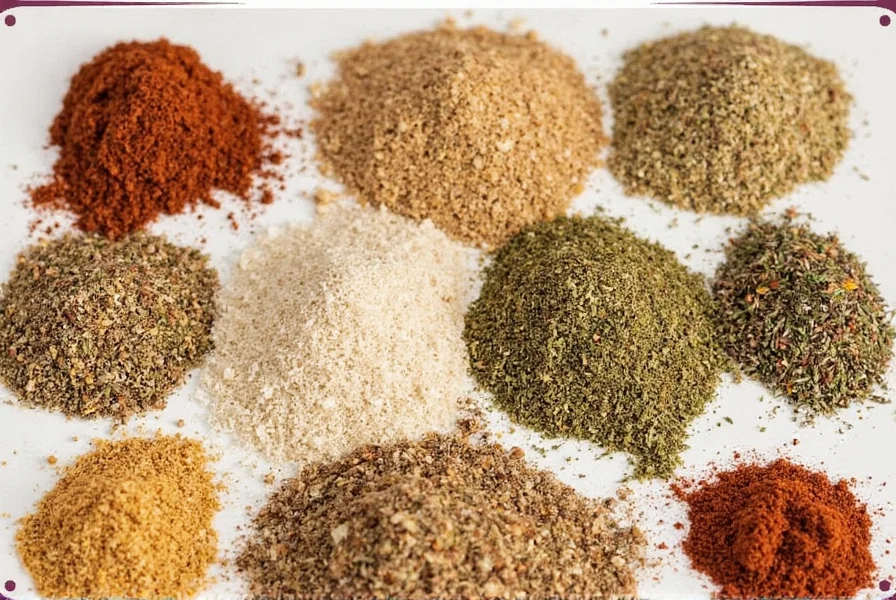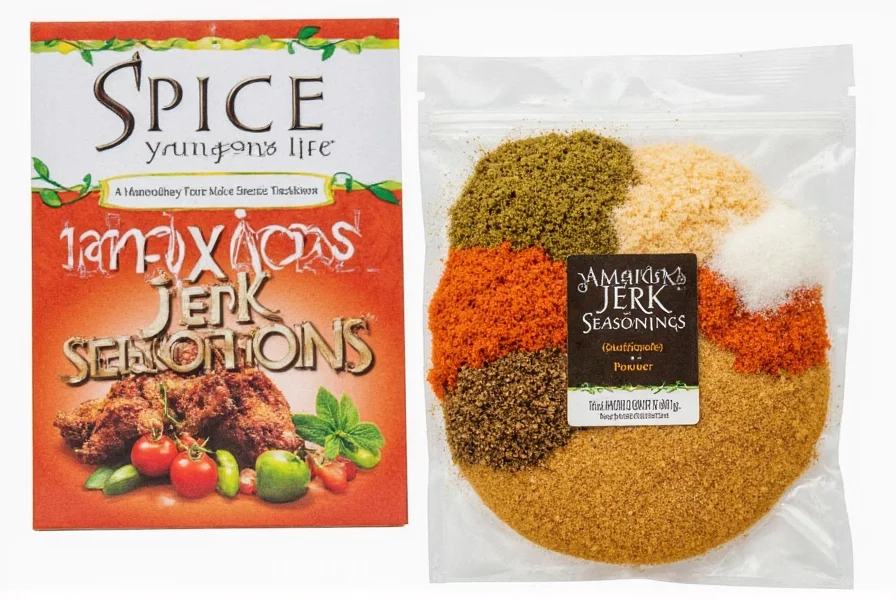Spice Up Your Life: A Flavorful Journey Through Global Spice Traditions with Jamaican Jerk Seasoning Powder
Table of Contents
Introduction to Global Spice Traditions
Spices have been the heartbeat of human civilization for thousands of years, shaping cultures, cuisines, and even economies. From the fragrant saffron fields of Iran to the fiery chili trails of Mexico, every region has its own unique spice legacy. These ingredients aren’t just about flavor—they’re a window into history, geography, and tradition.
In this article, we’ll dive deep into one of the most iconic spice blends in the world: Jamaican jerk seasoning powder. Whether you're a seasoned chef or a curious home cook, this guide will help you unlock the secrets behind this flavorful mix and how it fits into the broader tapestry of global spice traditions.
What is Jamaican Jerk Seasoning Powder?
Jamaican jerk seasoning powder is a vibrant blend of ground spices used primarily to season meats, especially chicken and pork. It's the heart of the famous Jamaican jerk cooking technique, which involves marinating the meat with this spicy mix and then slow-cooking it over a fire or grill. The result is a smoky, sweet, and fiery dish that’s deeply rooted in Caribbean culture.
The origins of jerk seasoning are tied to the Maroons, African slaves who escaped from Spanish and British plantations and formed their own communities in Jamaica. Over time, they developed a unique method of cooking that combined indigenous ingredients like allspice berries (also known as pimento) with European and African spices. Today, jerk seasoning is a symbol of Jamaican identity and culinary pride.
The Flavor Profile of Jamaican Jerk Seasoning
One of the most fascinating aspects of Jamaican jerk seasoning is its complex flavor profile. This blend typically includes:
- Allspice (pimento)
- Cinnamon
These ingredients work together to create a bold, aromatic, and slightly sweet flavor with a nice kick of heat. Some variations also include nutmeg, cloves, and thyme, depending on the recipe and personal preference.
The key to a great jerk seasoning is balance—there should be a harmony between the sweetness of the cinnamon, the sharpness of the garlic, and the smokiness of the allspice. When applied correctly, it transforms ordinary ingredients into something extraordinary.

Practical Tips for Using Jamaican Jerk Seasoning Powder
If you're new to using jerk seasoning, here are some practical tips to help you get the most out of this powerful spice blend:
- Marinate, don't just sprinkle: Jerk seasoning works best when it has time to penetrate the meat. For the best results, marinate your chicken or pork for at least 24 hours in the refrigerator.
- Adjust the heat: If you're not a fan of extreme spiciness, reduce the amount of cayenne pepper or omit it altogether. You can always add more later if needed.
- Use it beyond meat: While it's commonly used for grilled meats, jerk seasoning can also be used to flavor vegetables, rice, beans, and even soups. Its versatility makes it a must-have in any spice cabinet.
- Make your own: Store-bought mixes can vary in quality. Try making your own by grinding all the spices to your desired consistency. It's easy, cost-effective, and allows you to tailor the flavor to your taste.
- Pair it with complementary sides: Since jerk seasoning is so bold, pair it with lighter, refreshing sides like coconut rice, mango salsa, or cucumber salad to balance the flavors.
Comparison Table: Jamaican Jerk vs. Other Spices
To give you a better sense of how Jamaican jerk seasoning compares to other popular spice blends, here's a quick comparison table:
| Spice Blend | Primary Flavors | Heat Level | Common Use |
|---|---|---|---|
| Jamaican Jerk Seasoning | Smoky, sweet, savory, spicy | Medium to high | Grilled meats, marinades |
| Italian Herb Mix | Herbaceous, earthy, mild | Low | Pasta, bread, sauces |
| Indian Garam Masala | Warm, aromatic, slightly sweet | Low to medium | Curries, stews, rice |
| Mexican Chili Powder | Earthy, smoky, spicy | Medium to high | Tacos, enchiladas, soups |
| Thai Curry Paste | Spicy, citrusy, herbal | High | Curries, stir-fries, soups |

Buying Guide for Jamaican Jerk Seasoning Powder
If you're looking to buy Jamaican jerk seasoning powder, there are several factors to consider. Here’s a detailed buying guide to help you choose the right product:
Key Features to Look For
- Natural ingredients: Choose a blend that uses real spices and no artificial additives. Look for labels that list allspice, garlic, onion, and other natural components.
- Consistency: A good jerk seasoning should have a fine, even texture. Avoid products that feel gritty or unevenly ground.
- Flavor intensity: Depending on your taste preferences, you may want a milder or stronger blend. Check the heat level rating if available.
- Brand reputation: Opt for well-known brands with positive reviews, such as Scotch Bonnet, Reggae Spices, or Jamaican Jerk Co.
Recommended Products
Here are a few top-rated options that you might want to try:
1. Jamaican Jerk Seasoning by Scotch Bonnet
Features: Contains allspice, garlic, onion, salt, and cayenne. Known for its authentic flavor and strong aroma.
Advantages: High-quality ingredients, excellent for grilling and roasting.
Use Cases: Perfect for chicken, pork, and seafood. Ideal for backyard barbecues or special occasions.
Target Audience: Home cooks and BBQ enthusiasts who want an authentic Jamaican flavor.
Suitable Occasions: Summer parties, family gatherings, and holiday feasts.
2. Reggae Spices Jerk Seasoning
Features: Includes allspice, thyme, nutmeg, and paprika. Offers a balanced blend of sweet and spicy notes.
Advantages: Great for both beginners and experienced cooks. Easy to use and versatile.
Use Cases: Suitable for meats, vegetables, and even as a dry rub for fish.
Target Audience: Those looking for a user-friendly yet authentic seasoning.
Suitable Occasions: Casual dinners, potlucks, and quick weeknight meals.
3. Jamaican Jerk Co. Seasoning
Features: Made with fresh-ground spices and no preservatives. Offers a rich, smoky flavor.
Advantages: Premium quality, ideal for those who value authenticity and flavor depth.
Use Cases: Best for grilled meats and traditional Jamaican dishes.
Target Audience: Serious foodies and chefs who want to elevate their cooking.
Suitable Occasions: Special events, restaurant menus, and gourmet cooking sessions.

Conclusion
Jamaican jerk seasoning powder is more than just a spice—it's a cultural icon, a culinary tool, and a gateway to exploring the rich traditions of global spice usage. Whether you're grilling up a storm or experimenting with new recipes, this seasoning brings a burst of flavor that’s hard to match.
As you continue your journey through the world of spices, remember that each blend tells a story. By understanding and appreciating these stories, we not only enhance our cooking but also connect with the people and places that created them. So go ahead—spice up your life with a little bit of Jamaican flair!











 浙公网安备
33010002000092号
浙公网安备
33010002000092号 浙B2-20120091-4
浙B2-20120091-4